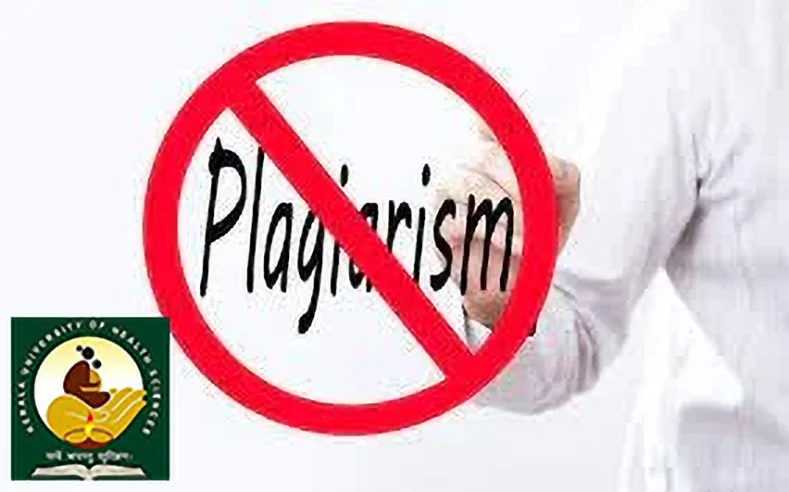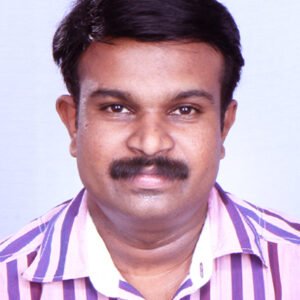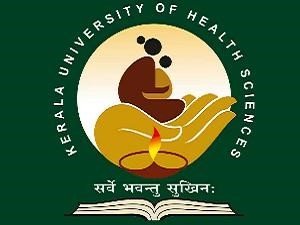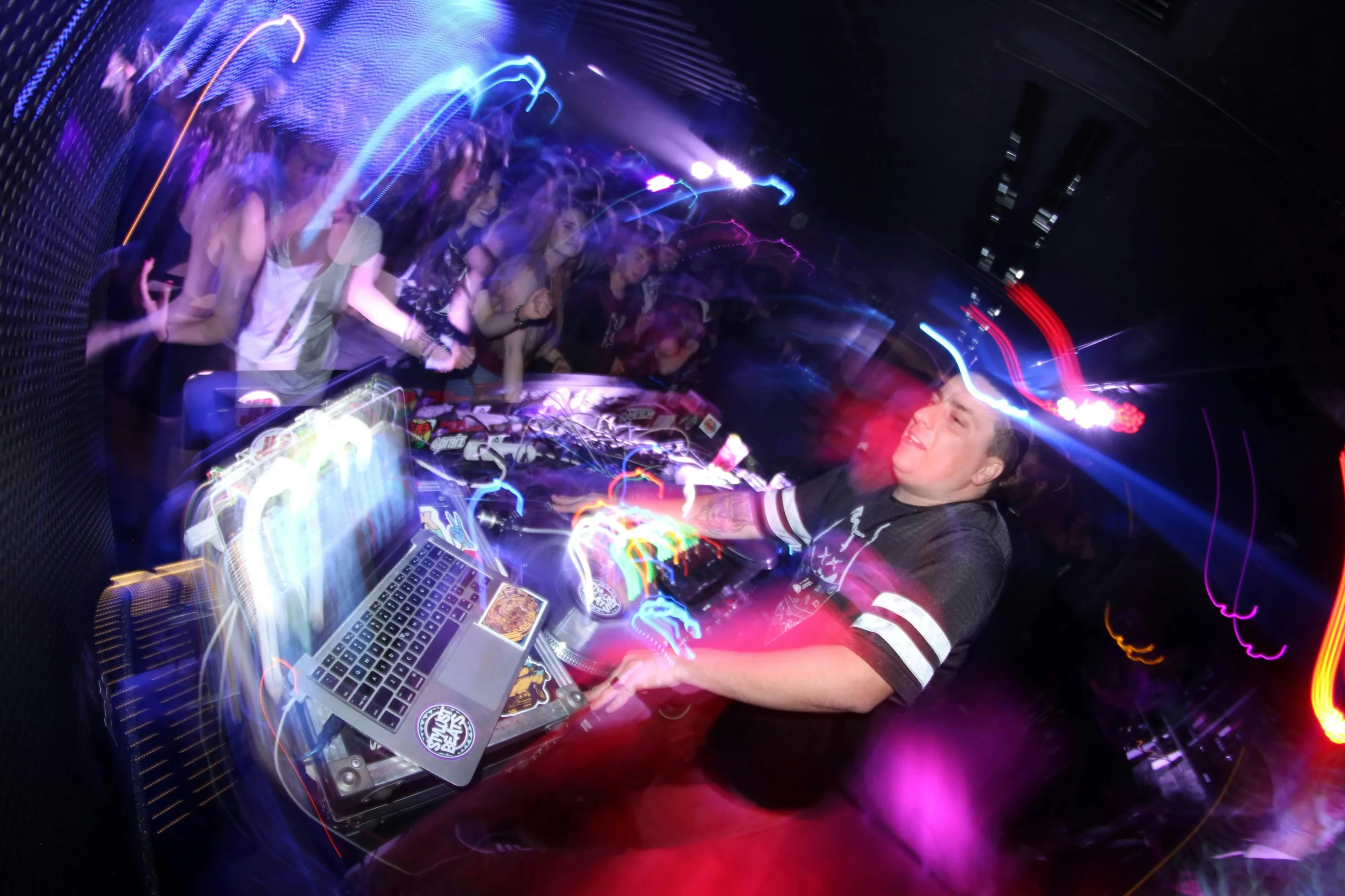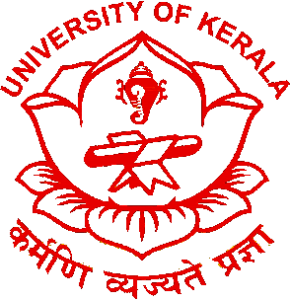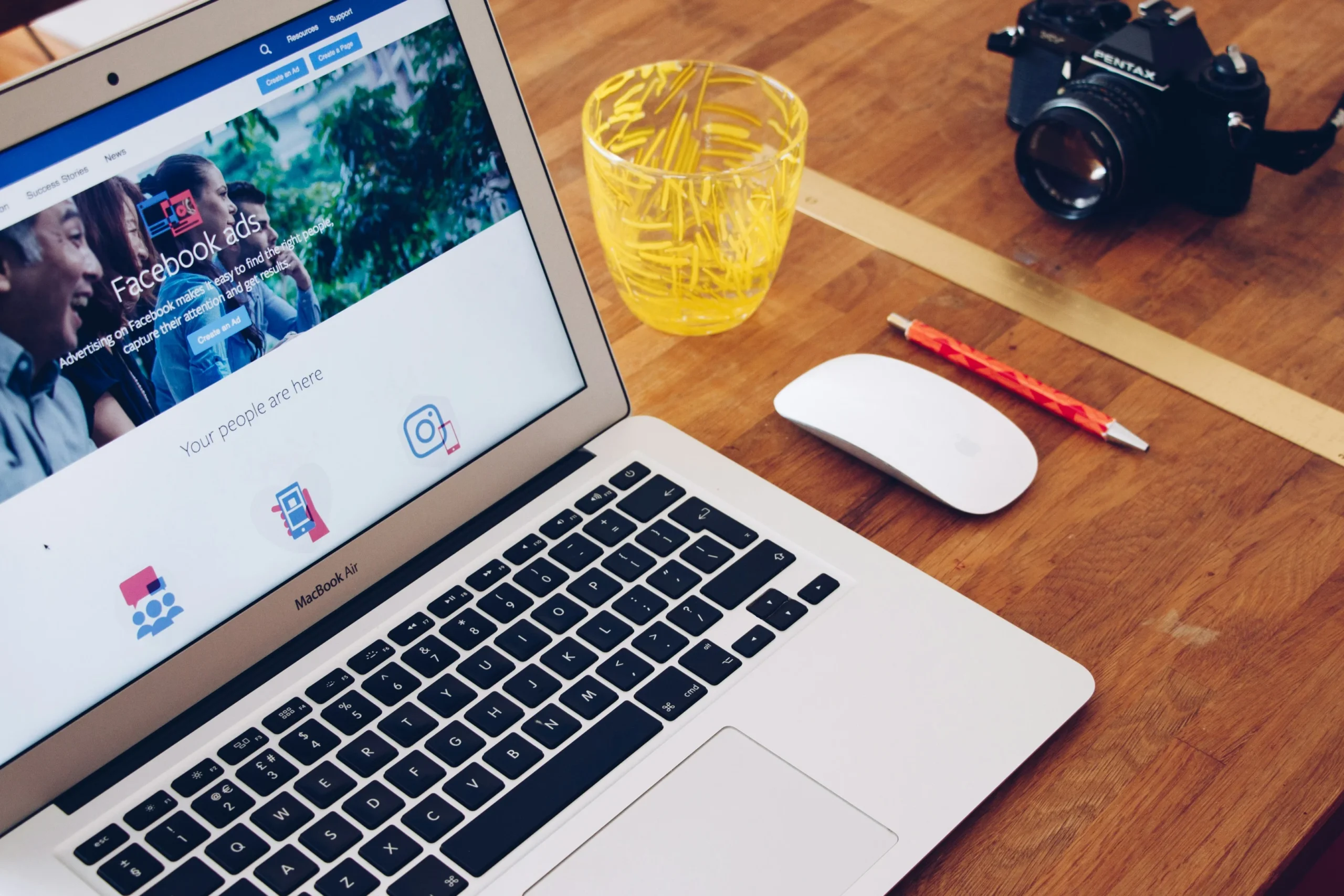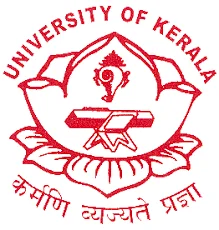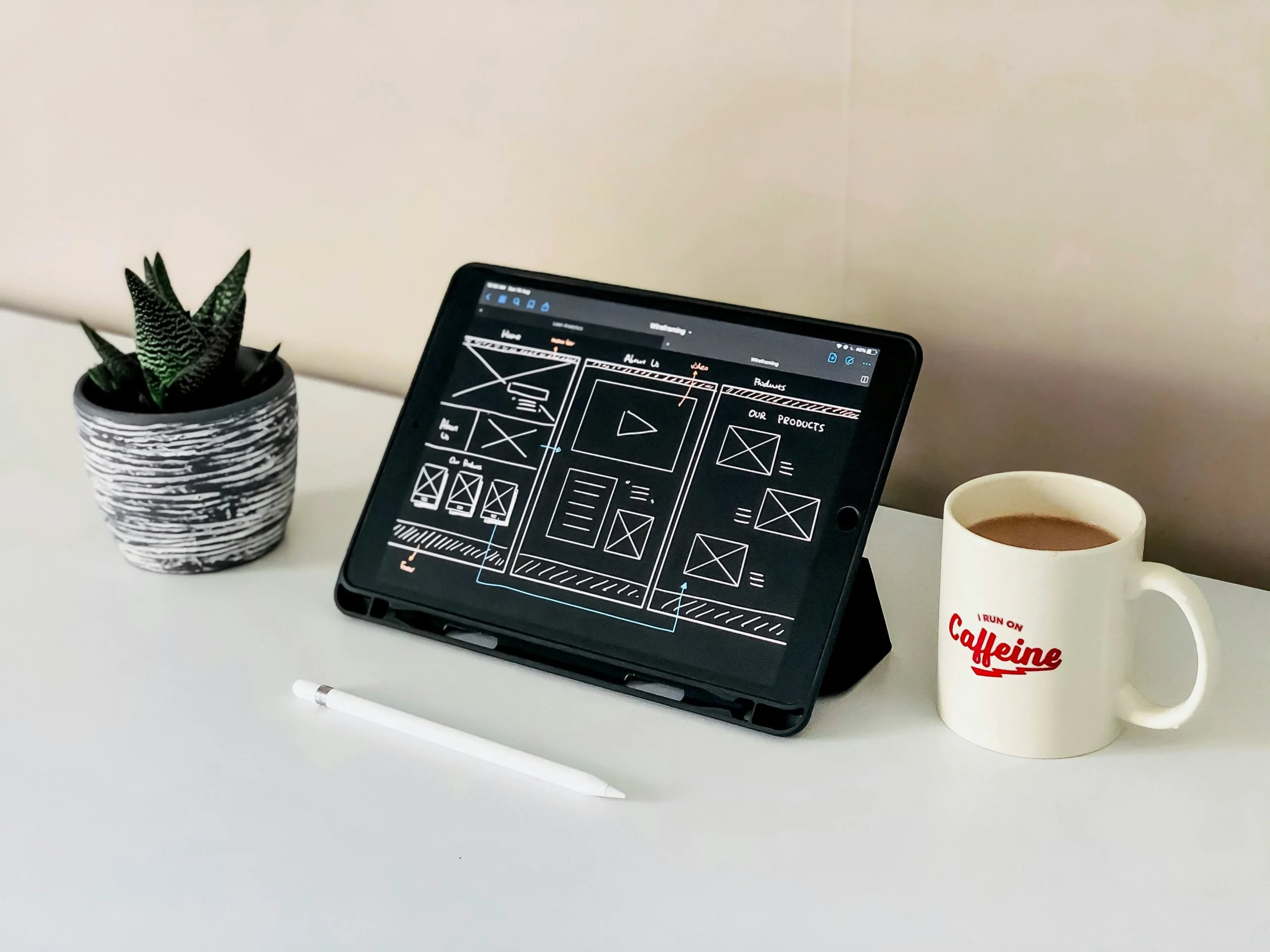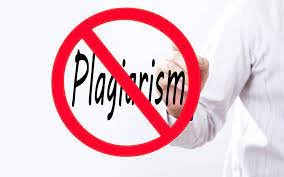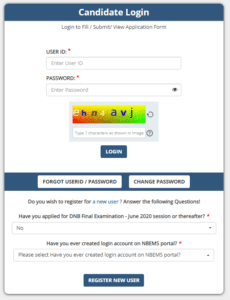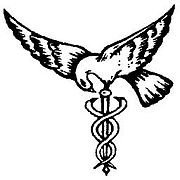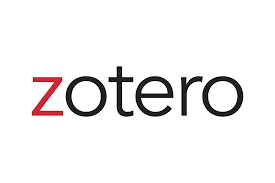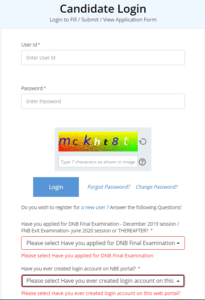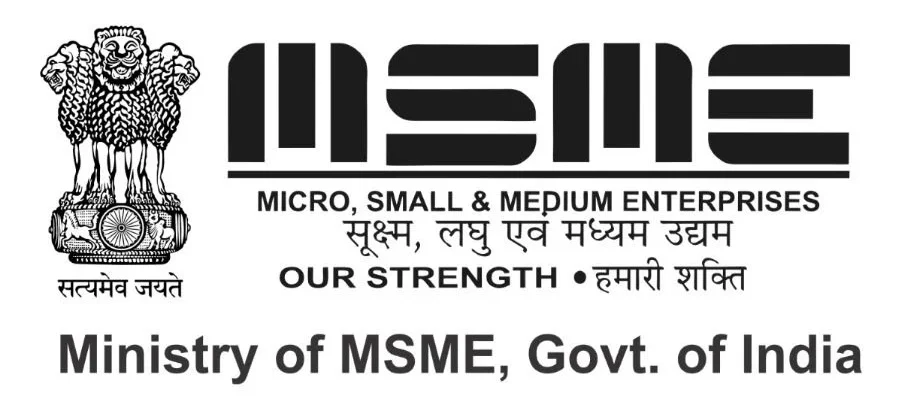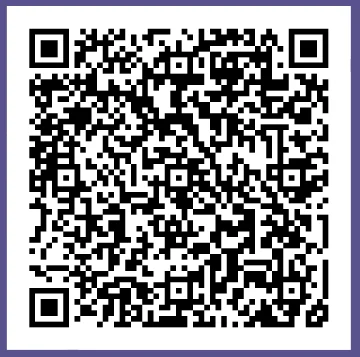Table of Contents
ToggleIntroduction:
A student, researcher, faculty or staff is required to have ethical and moral values in his academic pursuit and are expected to produce original and genuine work. In the present era, a huge amount of information is available on the internet, as a source material. Thus, Plagiarism now has become a serious threat to academic integrity.
To ensure academic integrity and to improve the academic standards, Kerala University of Health Sciences (KUHS) is formulating the policy on Academic Integrity and Plagiarism.
Preamble:
The core work carried out by the author shall be based on original ideas. The core work shall include abstract with keywords, introduction, objective, hypothesis, research methodology, analysis and interpretation, summary and observations, conclusions, recommendations and references. Students, researchers, and faculty members should not perform any academic misconduct by the theft of intellectual property in any manner.
Authority:
The Kerala University of Health Sciences, Thrissur, in exercise of the powers conferred by Chapter II-5 (i & iii) of KUHS Act 2010 (Act 4 of 2011), makes the following Policy, namely;
Short title, Application and Commencement:
This Policy, as of now, shall be called the “Kerala University of Health Sciences Academic Integrity and Plagiarism Policy” These shall come into force from the date of approval after due process. The whole process shall be governed by the Academic Council.
Applicability:
The Policy shall apply to academic documents submitted as part of all courses (undergraduate, postgraduate courses, MPhil Courses, PhD programme, certificate programmes) under Kerala University of Health Sciences and Research Proposals submitted to KUHS.
Definitions:
- Plagiarism is the unacknowledged use of another person’s work as ones’ own work. This includes copying of Phrases, clauses, sentences, paragraphs, or longer extracts from published, including that from the internet or unpublished work, without acknowledgment of the source. Plagiarism is considered as an academic dishonesty.
- Self-Plagiarism is copying/reproducing, in part or whole one’s own published work without giving proper reference to that work.
Methods of Plagiarism:
- Quoting directly another person’s language, data, illustration, tables, without due acknowledgement of the source.
- Copying a section of book/article/report/monograph/dissertation/thesis without proper citation.
- Buying, stealing or borrowing assignments, experiments/results.
- Paragraphing the work of others without due
- Using ideas of someone else without crediting the
- Copying, cutting, and pasting from the internet or online source and submitting as one’s own work without giving proper reference/citation.
Objectives:
- To create awareness on responsible conduct of research, thesis, dissertation, promotion of academic integrity and prevention of misconduct including plagiarism in academic writing among student, faculty, researcher and staff.
- To establish institutional mechanisms through education and training to facilitate responsible conduct of research and preparation of thesis/dissertation, promotion of academic integrity and discouraging plagiarism.
- To develop systems to detect plagiarism and to set up mechanisms to prevent plagiarism and prevent a student, faculty, researcher or staff of University / College committing the act of plagiarism.
Similarity checks for exclusion from Plagiarism:
The similarity checks for plagiarism shall exclude the following:
- All quoted work reproduced with all necessary permission and/or
- All references, bibliography, table of content, preface and
- All generic terms, laws, standard symbols and standards
Citation policy:
- When 14 words are taken together from some established core work, citation becomes essential.
- When the copied content reaches 40 words in accumulation, the fragment needs to be kept under inverted comma (“_”) in
- Authors are necessarily required to cite reference in case of any content adopted from anywhere other than internet open sites.
- In case of open site internet source the copied contents if found more than 30 percent in aggregate, during plagiarism detection, the work shall not be considered.
Mechanism to detect plagiarism:
Plagiarism tools approved by University Grants Commission shall be used to detect plagiarism.
Levels of Plagiarism: Plagiarism would be quantified into following levels in ascending order of severity for the purpose of its definition:
| Level 0 | Similarities up-to 10% |
| Level 1 | Similarities above 10% to 40% |
| Level 2 | Similarities above 40% to 60% |
| Level 3 | Similarities above 60% |
Awareness Programmes and Trainings:
- University, its affiliated institutions and University Schools and Departments shall conduct sensitization seminars / awareness Programmes on responsible conduct of research, thesis, dissertation, promotion of academic integrity and ethics in education for students, faculty, researcher and staff on a regular basis.
- Elements of responsible conduct of research and publication ethics shall be included in the curricula / coursework for undergraduate students/ Masters and Research Scholars as applicable.
- Students, faculty, researchers, and staff shall be trained for using plagiarism detection tools and reference management tools.
Steps to ensure academic integrity and curb plagiarism:
- Any thesis, dissertation, or any other such documents submitted by the students, scholars or faculty members to the University shall include mandatorily, an undertaking indicating that the document has been prepared by the candidate and that the document is the original work of the person and is free from plagiarism. (Annexure I – Part A)
- The submission shall include a certificate from the Guide / supervisor that the work is free from plagiarism. (Annexure I – Part B)
- In case of quoting one’s own work a declaration regarding self-plagiarism shall be submitted. (Annexure II).
- If the researcher is quoting a work which has more than one author including the researcher, the declaration regarding self-plagiarism from the co-authors shall be submitted (Annexure III).
- The submission shall include a certificate of approval from an approved plagiarism detection software, stating the percentage of similarities detected.
Reporting and handling of plagiarism
- Institutional Academic Integrity Committee (IAIC)
All affiliated institutions of the University, University Schools and Departments shall constitute an IAIC whose composition shall be as given below:
- Chairperson – Head of the, Institution / Department / School
- Member – Senior academician from outside the Institution / Department / School
- Member – A person well versed with anti-plagiarism tools, to be nominated by the Head of the Institution / Department / School
The members shall be nominated by the Head of the Institution / Department / School.
The tenure of the members other than the Chairperson shall be two years. The quorum for the meetings shall be 2 (including Chairperson) out of 3 members.
The IAIC shall follow the principles of natural justice while taking decision on the allegation of plagiarism against the student, faculty, researcher and staff. The IAIC shall have the power to assess the level of plagiarism and recommend penalties accordingly.
The IAIC after investigation shall submit its report to the University Academic Integrity Committee (UAIC) with the recommendation on penalties to be imposed within a period of 45 days from the date of receipt of complaint / initiation of the proceedings.
University Academic Integrity Committee (UAIC)
University shall constitute a UAIC whose composition shall be as given below:
- Chairperson – Pro- Vice Chancellor / Dean Research / Senior Academician
- Member – A Senior Academician from the
- Member – One member from outside the University
- Member – A person well versed with anti-plagiarism
The Chairperson and members shall be nominated by the Vice Chancellor
The Chairperson of IAIC and UAIC shall not be the same. The tenure of the Committee members shall be three years. The quorum for the meetings shall be 3 (including Chairperson) out of 4 members
- The UAIC shall consider the recommendations of
- The UAIC shall also investigate cases of plagiarism as per the provisions mentioned in this policy, if required.
- The UAIC shall follow the principles of natural justice while taking decision on the allegation of plagiarism
- The UAIC shall have the power to review the recommendations of DAIP including penalties with due justification.
- The UAIC shall finalise the report within a period of 45 days from the date of receipt of recommendation of IAIC / complaint / initiation of the proceedings and place the reports in the Academic Council and Governing Council for approval.
Penalty:
- Level 0: Similarities up-to 10 %: There shall be no penalties
- For similarities of Level 1 or above: The matter shall be brought to the notice of the Institutional Academic Integrity Committee of the concerned The author or researcher shall be asked to withdraw manuscript submitted for publication. No manuscripts from the author shall be accepted until the due process is completed.
- Penalty on repeated plagiarism: The committees shall take into consideration while recommending penalties for repeated offenses.
- Penalty in case where the benefit or credit has already been obtained: If plagiarism is proved on a date later than the date of benefit or credit obtained as the case may be then the benefit or credit already enjoyed by the candidate shall be put in abeyance for a period recommended by IAIC and as approved by the Academic Council and Governing Council
- If there is any complaint of plagiarism against the Head of the University, a suitable action, in line with these regulations, shall be taken by the Controlling Authority of the University.
- If there is any complaint of plagiarism against the Head of affiliated institution / University School / Department / Authorities at the institutional level, a suitable action, in line with this policy, shall be recommended by the IAIC, UAIC and as approved by the Academic Council and Governing Council.
- If there is any complaint of plagiarism against any member of IAIC or UAIC, then such member shall excuse self from the meeting (s) where such a case is being discussed/investigated.
Removal of Difficulty:
Kerala University of Health Sciences reserves the right to remove difficulties in the course of implementation of the policy as per norms of the University.
Free Download
Plagiarism Verification – certificate

